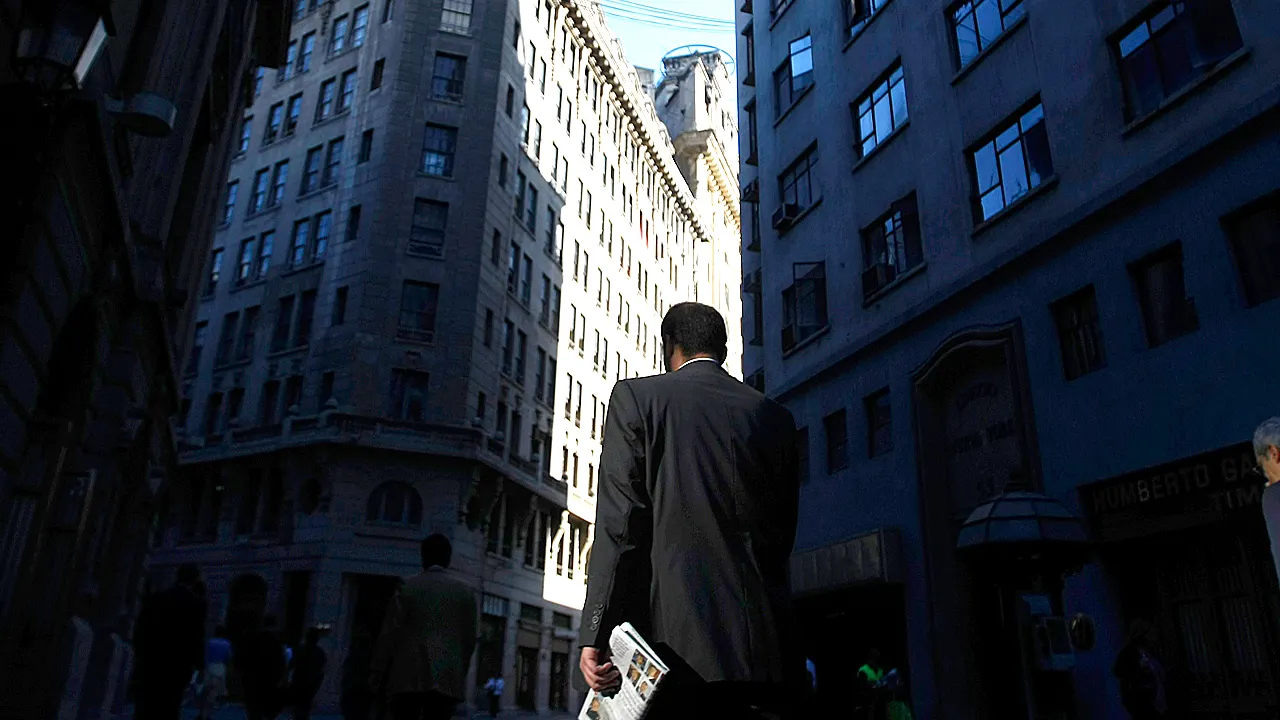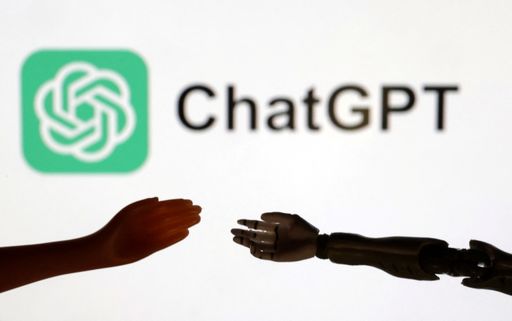The AI Job Revolution: A Double-Edged Sword
Artificial Intelligence (AI) is dramatically reshaping the global job market, automating tasks across industries from customer service to creative arts. Goldman Sachs predicts a 7% boost in global GDP by 2030 due to AI-driven productivity gains, but this comes with significant job displacement risks.
Why Jobs Are at Risk
AI's ability to perform rules-based, repetitive tasks autonomously threatens millions of roles. Dario Amodei, CEO of Anthropic, warns that up to 50% of entry-level office jobs could vanish in five years. Vulnerable positions include:
- Junior paralegal research
- Entry-level Python debugging
- Template-based customer support
The Rise of New AI-Centric Roles
While AI eliminates some jobs, it also creates new opportunities:
- Prompt Engineers: Craft inputs to optimize AI responses.
- Data Curation Leads: Ensure ethical and effective AI training datasets.
- Model-Bias Auditors: Minimize discrimination in AI outputs.
AI as a Job Enhancer
AI isn't just replacing jobs—it's augmenting them. For example, copywriters use AI for drafts, focusing more on strategy. A MIT-Stanford study found AI assistants boosted customer service productivity by 14%.
Sector-Specific Impacts
- Healthcare: AI aids in diagnostics but reduces back-office staffing.
- Legal: AI handles document analysis, lowering demand for junior associates.
- Education: AI supports personalized learning but can't replace human teachers.
Preparing for the AI Era
McKinsey & Company reports 100 million workers may need to switch occupations by 2030. Reskilling in AI ethics, prompt engineering, and data literacy is crucial for future job security.





Comments
Join Our Community
Sign up to share your thoughts, engage with others, and become part of our growing community.
No comments yet
Be the first to share your thoughts and start the conversation!